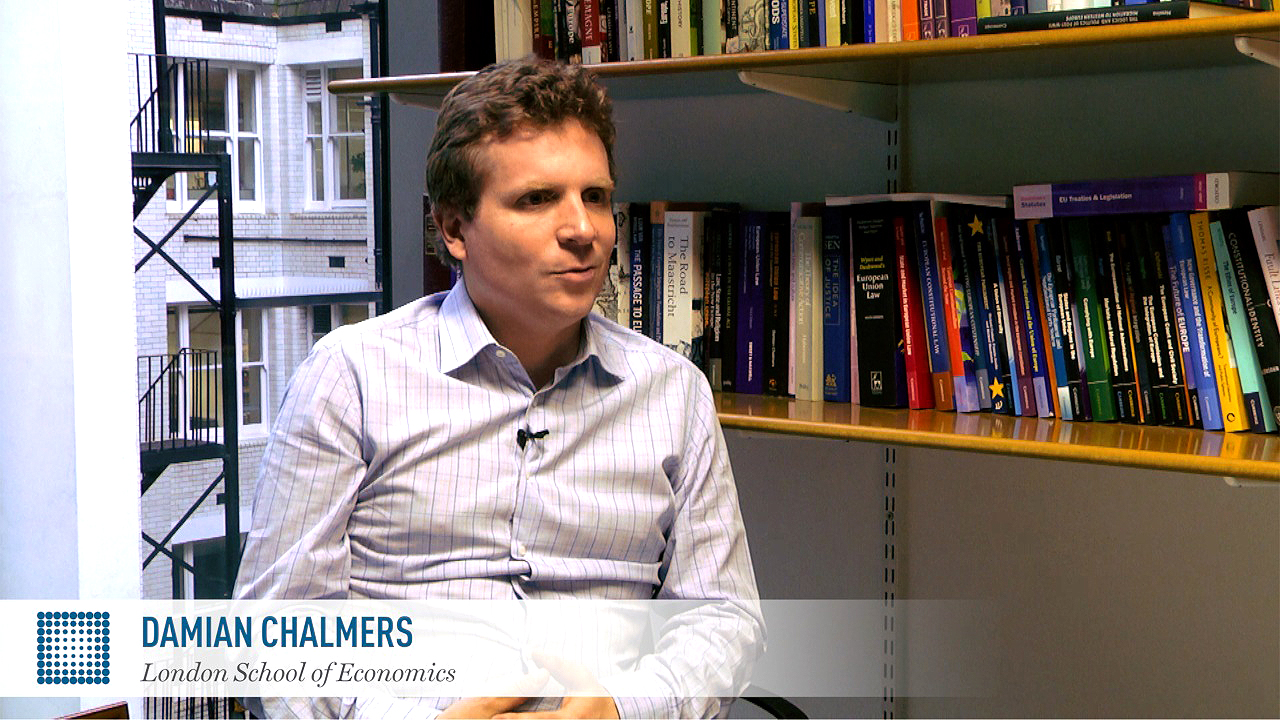Abenomics review: can Japan’s Prime Minister reinvigorate its economy?
World Finance asks Professor Janet Hunter, Economic Historian at the London School of Economics and Political Science, whether Japanese Prime Minister Shinzo Abe can end the country's deflationary spiral
Related:
Transcript
In a series of World Finance interviews, we speak to Professor Janet Hunt, Economic Historian at the London School of Economics and Political Sciences, about the impact Abenomics is likely to have on Japan’s economy.
Part 1: Can Japanese PM Shinzo Abe end the country’s deflationary spiral?
World Finance: Janet, a lot of money and effort has been spent on getting Japan away from its dark deflationary past; do you think Japan is on the path that it needs to be on, in terms of its economic progress?
Janet Hunter: There’s a lot of evidence that it has increased confidence, it has increased the extent to which people are willing to spend. That in terms gives a stimulus to growth.
Whether it has progressed as far and as fast as people would like – that’s much more difficult. Because I think one of the things that we have to remember is that the sort of, third arrow of Abenomics, was structural change in the economy.
If the stimulus from the shorter-term fiscal policy is going to be sustained, he really has to deliver on structural change, and that’s a very difficult thing to do – particularly over a short time period.
There are clearly significant political constraints.
It is probably the only Japanese political party that has a degree of credibility
What I think we do have to remember is that Abe leads the largest party. It is probably the only Japanese political party that has a degree of credibility, and outweighs the other political parties collectively.
However, it is not unified within itself; it is divided; there are different views as to how best to go forward.
In some ways, politically, Abe has probably got the best chance of any political leader trying to carry this sort of thing through.
But he has to cope with his own party, he has to cope with the constraints of two houses of parliament, local government, local interests.
But I think the other thing that makes that the kind of radical, fast reform very difficult, is just people are conservative. Organisations are conservative. It is very difficult to change the way that people think, and act, and organise themselves overnight.
Part 2: Why is structural reform so hard to achieve?
World Finance: Take me into the Japanese psyche and explain to me: why is it so difficult for them to be open to change that in any other modern democracy, any other robust economic system, has already become commonplace?
Janet Hunter: I’m not actually convinced that change in other places is that easy either!
World Finance: But there is more of an appetite for change…
Janet Hunter: There may be more of an appetite for change.
World Finance: …you could say, in for instance the UK and the US.
Janet Hunter: Perhaps there is, and I think, as you indicated earlier, part of the answer to that lies in the nature of the political system and the way that people vote.
Any system that appears to deliver success generates vested interests, which make it more difficult to change.
If you can say that something has worked for 30 years, then it takes people a while to realise that it’s not working anymore. And it also makes it much more difficult to see what is going to work.
There’s quite a big appetite for change, but there’s also a feeling that they shouldn’t throw out the good things that they have, and a reluctance to do exactly what America might do, or England might do, or whatever.
So the question is really: who is going to bear the cost of the change?
World Finance: But there is a certain reality that everyone has to confront. And that’s economic reality the country’s in, they wouldn’t be pushing for such dramatic stimulus programmes if there wasn’t a need. Is that not enough to get people to want to change?
Janet Hunter: It’s clearly a significant factor, that people do recognise they have to face reality. And almost any Japanese person you might talk to will say, ‘Yes, we do need to change.’ But what we have to remember is that change comes at a price. It has a human cost.
And in any environment, if the cost is your job, or your livelihood, then change is going to be more difficult.
So the question is really: who is going to bear the cost of the change? In an environment where you have very strong vested interests, and really quite a conservative way of doing society?
Part 3: Will cutting corporation tax help or hinder Japan’s recovery?
World Finance: A slash in the corporate tax rate from 35 to 29 percent – are we seeing a system that is being structured in a way that will allow money to filter from the top to the rest?
Janet Hunter: In relation to the corporate tax, I think those of us outside Japan tend very often to forget that small businesses, family businesses, are enormously important in Japan.
I think the image that we often have is that the big businesses – the Toyotas – that is what Japanese business is. And clearly it’s a big part of Japanese business. But if you look at the predominance of small business and family business in Japan, it is far far greater than in England or the US. It is more comparable to what you’d find in, say, Germany. It’s a very big part of the economy.
So you could argue that by reducing corporation tax, you’re also assisting the smaller elements in Japanese business. And that’s very important for the domestic market and also for the external market.
As you say – quite rightly – you’ve got a situation in which there are lots of people who aren’t involved in business who aren’t going to be affected by that. Interest rates remain incredibly low in Japan, so for example, taking out a mortgage is not costly at the moment at all. It also means that saving is not very well remunerated. So in theory, people ought to be spending.
Where I think the problem has been is almost in terms of confidence. Not that people don’t have the money to spend – they just don’t have the confidence in the future. And that is one of the things that is very difficult to turn around. And I think Abe has to some extent begun to turn it around. But I think it’s really difficult.
Part 4: Will Japan’s special economic zones work?
World Finance: Now let’s talk about the Special Economic Zones that Abe is creating.
Janet Hunter: An economic zone in the same way as China in the 1990s developed economic zones, is not going to work in a very high income, high industrial economy such as Japan.
[H]e will be credited with some of the success for bringing Japan out of what has really been two decades of economic problems
I think if you see an economic zone as a way of trying to open up the Japanese economy – to deregulate what’s already there, to try to encourage foreign firms to come in – then clearly that may have significant advantages.
But Japan, as you will be aware, has conventionally had – in some respects – a very highly regulated economy. And there’s got to be a lot of evidence that it’s going to work, to attract people.
And I think the other thing is that conventionally, special economic zones have often been – as they have been in other parts of Asia – to allow foreign firms to come in and invest in local, cheap labour.
Japan’s labour is not cheap. At all.
There’s much less experience, I think, of how an economic zone might work in a country such as Japan.
Part 5: Is the outside world too judgemental of Japan’s economic efforts?
World Finance: Janet, do you think that I’m too judgemental? When I say me, I mean the outside world, who says Japan just has been getting it wrong all this time, and there isn’t this intimate understanding of how the economy is intertwined with culture?
Janet Hunter: I think we often are very judgemental. I mean, the Japanese themselves are pretty judgemental very often too.
You will find people in Japan saying, ‘We’ve got it wrong all these years!’
But if you look back to the 1980s, when the Japanese economy was doing well, you had people in the US saying ‘Oh well the Japanese have got it right! We need to do what the Japanese do!’ And it’s no easier to transfer that system to the US than it is to transfer a US system to Japan.
And I think what you need is a recognition that there are different strengths in different systems, which have evolved in different cultural environments. And there can be a mutual learning process, but if you just try and take something lock stock and barrel from one country and put it in another, it’s very unlikely to work.
If he manages to deliver on structural reform, if he manages to get re-elected, he will be credited with some of the success for bringing Japan out of what has really been two decades of economic problems.
But I think it’s very difficult. There is so much that has not changed, that probably does need to change.

 Zach Witton on the health of the eurozone economy | Moody’s Analytics | Video
Zach Witton on the health of the eurozone economy | Moody’s Analytics | Video How can Europe regain its former competitive glory? | Video
How can Europe regain its former competitive glory? | Video
